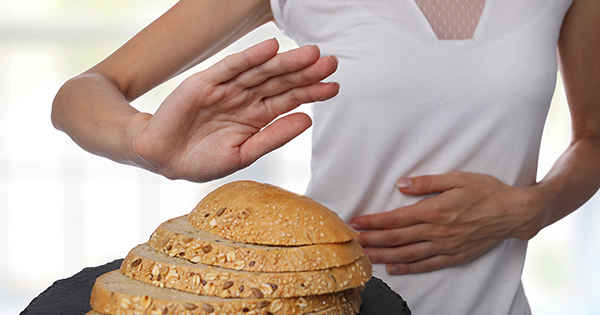, Q & A , Bridge Magazine

The National Continence Helpline 1800 33 00 66 has answered the questions you’ve been wondering about bowel motions and diet.
What does having regular bowel habits mean?
Regular bowel habits are very individual. Opening your bowels anywhere from three times a day to three times a week is considered normal. This is as long as the bowel motions (poo) are easily passed and a thin sausage shape. Check what the ideal poo (type four) looks like on the Bristol Stool Chart.
I’ve noticed my poo has been dark, almost black. Is this something I need to worry about?
It is worth going to see your doctor. Dark poo can sometimes be related to your diet or iron supplements you’re taking, though it could also mean you have blood in your stool. Dark stool or blood in stool definitely warrants a visit to your doctor!
I’ve heard that some cases of faecal incontinence and diarrhoea are caused by food allergies or intolerances. Is this true? How do I check if mine is caused by food?
Diet does affect your bowel motions and a healthy, well-balanced diet can help keep your bowels regular. Some foods can cause constipation and others can cause diarrhoea. The two most common food allergies causing bowel problems are gluten and dairy allergies. Gluten is found in wheat products and people with this allergy may have coeliac disease.
Some people can have bowel symptoms caused by food intolerances and often these are also from gluten and dairy. An intolerance is not as serious as an allergy. It is important not to take yourself or family off these foods without being tested as you can’t test for something which isn’t in your system. Gluten can be tested through a simple blood test and then if further investigation is needed, a gastroscopy (examination of the upper digestive tract) may be done.
Dairy allergies can also be tested through a blood or skin test and lactose can be tested in a blood test or a breath test after drinking a special lactose drink. Talk to your doctor if you think you need to be tested.
Why do I always have a strong urge to poo after drinking coffee?
Coffee can be a stimulant. Studies have found that coffee stimulates colonic motor activity, which means it can make people want to poo. Some people find a coffee in the morning gives them the urge to poo and other people will say it doesn’t affect them at all. It just shows how we are all individuals and can respond differently to what we eat and drink.
Phone the National Continence Helpline on 1800 33 00 66 to speak with experienced continence nurses who provide information, advice and local service referrals.
This story was first published in Bridge magazine. Subscribe to Bridge online.

